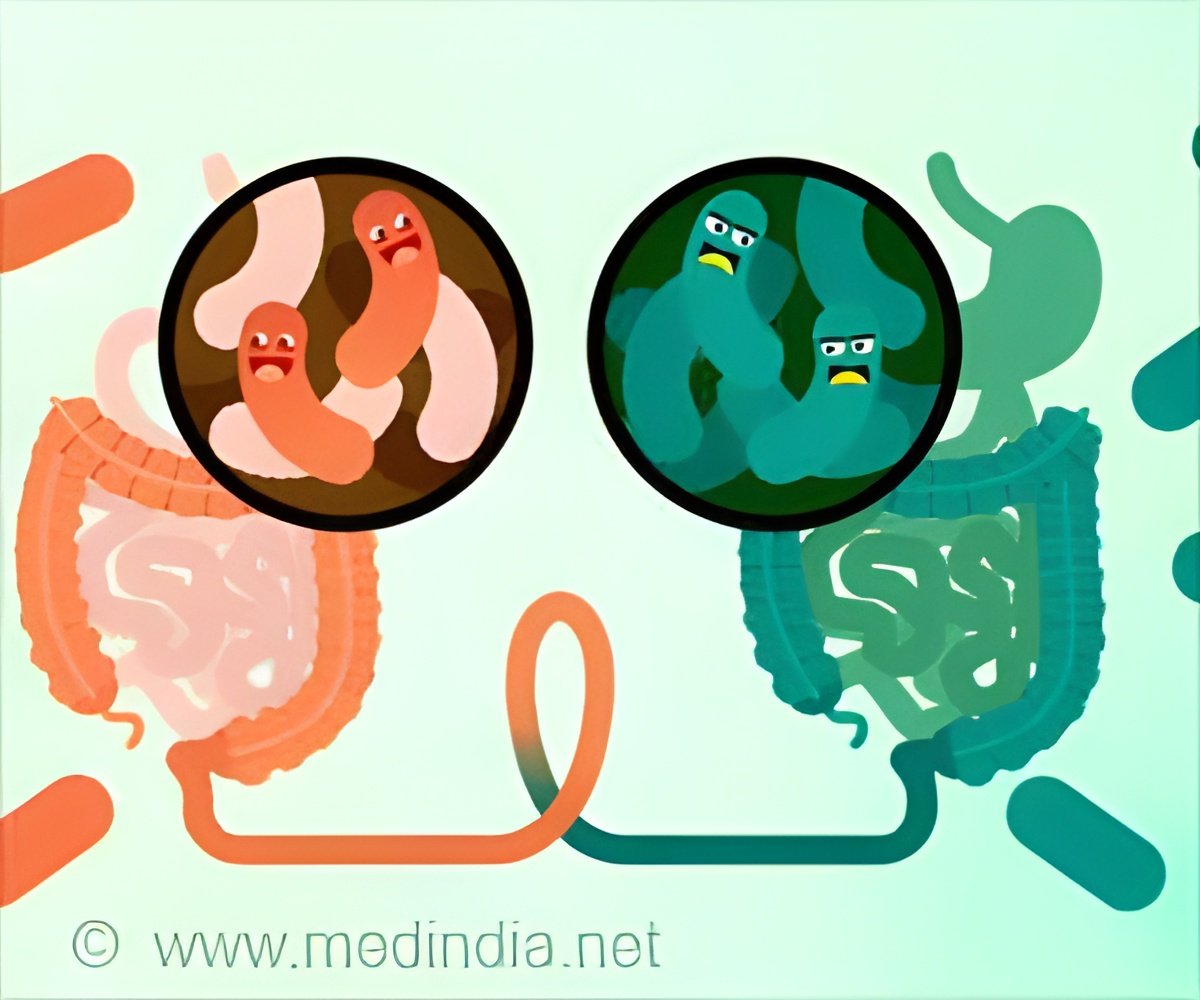There are trillions of bacteria in our intestine (gut microbiomes) and intestinal microbiota are thought to contributing to depression-like symptoms.

‘As the world's first poo transplants, two Australians with bipolar disorders were cured and their symptoms improved. Their cases have been discussed in peer-reviewed journals.’





One of us (Parker) treated the second of these patients with a so-called fecal microbiota transplant surgery and in recent weeks published his case study. The other is (Green) part of a team that appoints people with depression to a poo transplant clinical trial.There are a number of hurdles before poo transplant surgeries for these can be seen to have become ubiquitous. Still limited results for the bipolar disorder are far from promising. Here is what the evidence tells us about the possibility of poo transplant surgery for mental health.
Let’s Start With Bipolar Disorder
There are different types of bipolar disorder. This is when people have distinct periods of mania (or a form known as hypomania) — with, for example, elevated mood, increased activity and decreased sleep — and periods of depression.People with bipolar disorder usually take medication to manage their symptoms, generally for life. These medications are mainly mood stabilizers (such as lithium), but many also take antipsychotics. These medications come with risks and side effects, which depend on the medication. Side effects can include weight gain, sedation and movement disorders.
The Case Studies
In 2020, Russell Hinton, a private psychiatrist, described how he treated the first patient, a woman who had tried over a dozen different medications for her bipolar disorder. She had been hospitalized ten times, had gained a lot of weight and judged that she had no quality of life.After a poo transplant from her husband, she was symptom-free for the next five years, she lost 70 pounds, required no medication and her career flourished.
Gordon Parker and his colleagues at the University of New South Wales reported their results with the second patient last month, a young man who developed bipolar disorder as a teenager, had tried numerous medications, and became progressively intolerant of the side effects of it.
Advertisement
The Working Procedure
Trillions of bacteria live in our guts. This is known as the gut microbiome and this has a huge impact on the health of not only the brain but in general too.Differences in gut bacteria have been linked to obesity, diabetes and irritable bowel syndrome.
Advertisement
This can be done in a “top down” approach, for example, by swallowing poo capsules (crapsules), or by delivering poo through a tube inserted into the nose, stomach, or intestine.
Alternatively, the poo can be inserted "bottom up" too. It can be done using an enema, a simple and painless procedure in which a syringe transfers poo into the rectum. Or you can use a colonoscopy, a procedure done under general anesthesia that involves inserting a tube higher into the colon.
Poop transplants are already used to treat the often life-threatening intestinal infection caused by Clostridium difficile bacteria.
In people with irritable bowel syndrome, ulcerative colitis, HIV and hepatitis, among other medical conditions, both these approaches have been tried with various degrees of success.
Side effects of poo transplants are rare and are usually related to the way they are administered, for example, side effects of anesthesia from poo transplants administered by colonoscopy.
About Mental Health
Abnormal gut microbiome have been linked to the diseases like bipolar disorder, depression and schizophrenia.When the poo of depressed humans is fed to rats, they seem to develop a rat version of depression. Similarly, when mice receive poo from someone with schizophrenia, they develop a mouse version of schizophrenia.
These are indirect findings. Still, they suggest that poo transplants may have the potential to treat some mental health issues.
So what exactly is the impact of bacteria in the gut on mental health? There are many different ways, each complicated and interacting with each other.
For example, these bacteria act directly on the intestinal wall or the gut wall, sending signals to the brain via the vagus nerve. Bacteria also produce large amounts of chemicals (e.g., short-chain fatty acids), which impact virtually every system in the body, including the immune system. Brain function is highly dependent on these immune cells.
Consult Only a Specialist
At this point, any evidence to suggest poo transplants can help people with depression or bipolar disorder is, for the most part, not reliable.Some people have tried their own version at home, involving poop donor who haven't been screened for diseases.
A highly publicized example is Dave Hosking of Australian band Boy & Bear. He used a "poo roadie" to provide him with transplants on tour to help him deal with his depression and anxiety.
It is not recommended. Poo transplants should only be performed under the supervision of healthcare professionals, using an approved and thoroughly tested poo product.
Poo transplants are strictly regulated in Australia. Donations should be screened for harmful bacteria, fungi, parasites, or viruses. Donors also must not have any health conditions thought to be associated with gut bacteria, such as autoimmune disease, cancer, or obesity.
The Next Stage of this Study
We need larger, well-designed studies to show that poo transplants are effective than any improved symptoms cannot be explained by other factors.Look for markers in the microbiome that can predict a successful outcome. If those markers are known, optimization treatment can be done and better measure the results.
The first author's center recruits people with depression to try poo transplants. The study will randomize participants to an enema or placebo enema. If successful, a larger study is planned.
Three such studies are underway in Canada to evaluate poo transplants. These are for bipolar disorder, depression, with or without irritable bowel syndrome.
While promising, it can't be concluded at this point whether poo transplants work for bipolar disorder or depression.
Until the results of these studies are in, it's too early to say whether the early results with bipolar disorder can be more widely replicated.
The majority of studies into what's known as the microbiome–gut–brain axis have, so far, been done with mice and rats.
Source-Medindia











